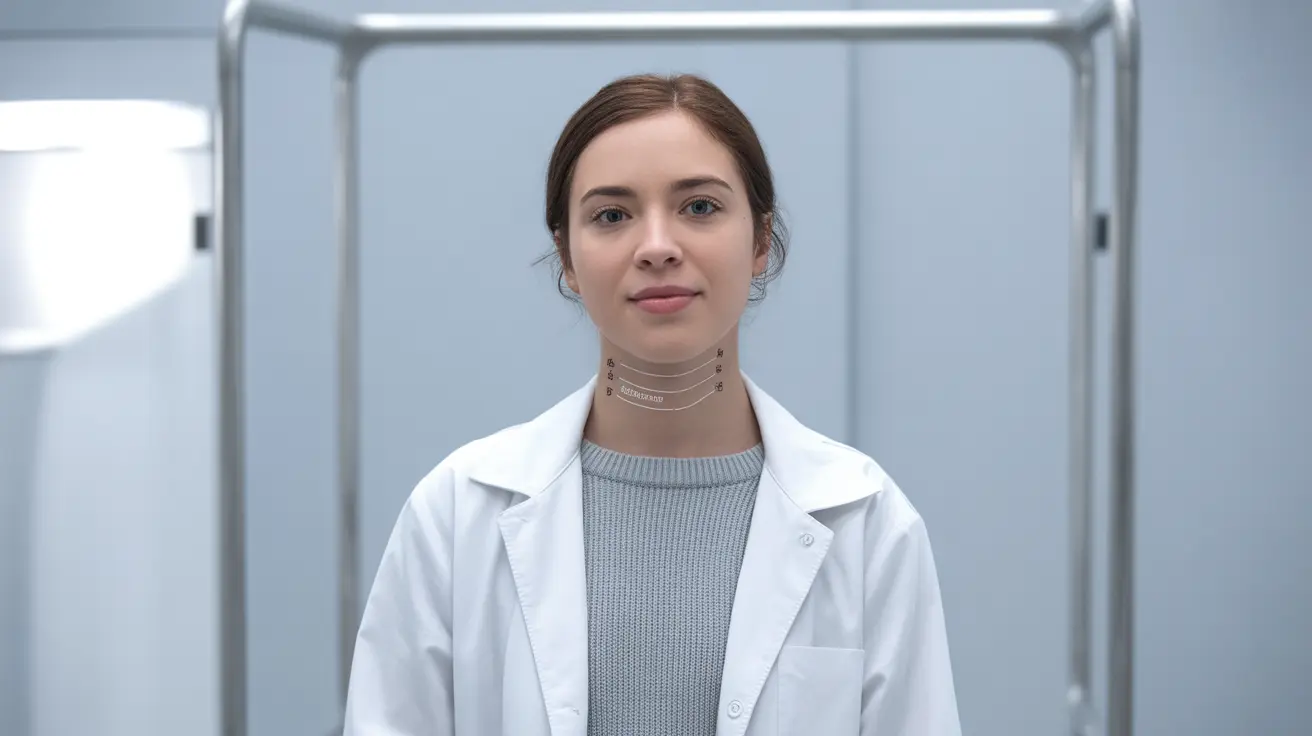Mosaic Turner syndrome is a rare genetic condition affecting females where some cells have a complete X chromosome while others have a missing or incomplete X chromosome. This genetic variation leads to a range of physical and developmental characteristics that can vary significantly in severity from person to person. Understanding this condition is crucial for early diagnosis and appropriate medical management.
The "mosaic" pattern means that not all cells are affected, which often results in milder symptoms compared to classic Turner syndrome. This unique characteristic makes each case different, requiring personalized medical attention and treatment approaches.
Characteristics and Symptoms of Mosaic Turner Syndrome
The manifestation of mosaic Turner syndrome can vary widely among individuals, with some experiencing minimal symptoms while others face more significant challenges. Common physical characteristics include:
- Short stature
- Broad chest with widely spaced nipples
- Low hairline at the back of the neck
- Small lower jaw
- High-arched palate
- Multiple small brown moles (nevi)
Development-related symptoms may include:
- Delayed or absent puberty
- Irregular or absent menstrual periods
- Infertility concerns
- Learning difficulties, particularly with spatial concepts and mathematics
Diagnosis and Medical Evaluation
Diagnosing mosaic Turner syndrome typically involves several steps and may occur at different life stages. The process usually includes:
- Genetic testing (karyotype analysis)
- Physical examination
- Growth pattern monitoring
- Hormone level testing
- Cardiac evaluation
Early diagnosis is crucial for implementing appropriate treatment strategies and monitoring potential health complications.
Treatment Options and Management Strategies
Managing mosaic Turner syndrome requires a comprehensive, multi-disciplinary approach. Treatment often focuses on addressing specific symptoms and supporting normal development:
Growth Management
Growth hormone therapy is commonly prescribed to improve final adult height. Treatment typically begins in early childhood and continues through adolescence.
Hormone Replacement Therapy
Estrogen replacement therapy usually starts around the age of puberty to promote sexual development and maintain bone health. The timing and dosage are carefully monitored by healthcare providers.
Fertility and Reproductive Health
Women with mosaic Turner syndrome may have varying degrees of fertility challenges. Some may be candidates for fertility treatments, while others might need to explore alternative family-building options.
Health Monitoring and Long-term Care
Regular medical monitoring is essential for individuals with mosaic Turner syndrome. Key areas of focus include:
- Cardiovascular health
- Bone density
- Thyroid function
- Hearing and vision
- Educational and psychological support
Frequently Asked Questions
What are the common symptoms of mosaic Turner syndrome and how is it diagnosed?
Common symptoms include short stature, delayed puberty, and certain physical characteristics. Diagnosis is confirmed through genetic testing (karyotype analysis), along with physical examinations and medical history evaluation.
How is mosaic Turner syndrome treated and what are the options for managing growth and hormone issues?
Treatment typically involves growth hormone therapy to improve height and hormone replacement therapy for sexual development. Management is individualized and may include various specialists coordinating care.
Can women with mosaic Turner syndrome conceive naturally or with fertility treatments like IVF?
Some women with mosaic Turner syndrome may be able to conceive naturally, though this is rare. Fertility treatments, including IVF, may be possible for some individuals, but success rates vary. Careful medical evaluation is necessary to determine suitable options.
What health complications are associated with mosaic Turner syndrome and how can they be monitored?
Common complications include heart conditions, osteoporosis, thyroid problems, and hearing issues. Regular medical check-ups, imaging studies, and specialized screenings are essential for monitoring these potential complications.
Is hormone replacement therapy necessary for all individuals with mosaic Turner syndrome and what are its benefits?
While not all individuals require hormone replacement therapy, many benefit from it to promote proper development and maintain bone health. Benefits include supporting sexual development, regulating menstruation, and preventing osteoporosis. The need for therapy is evaluated on an individual basis.




